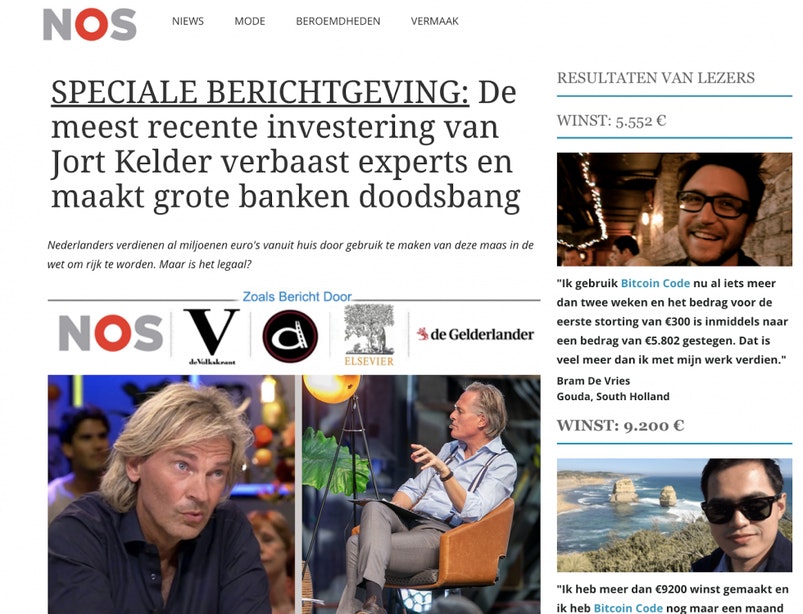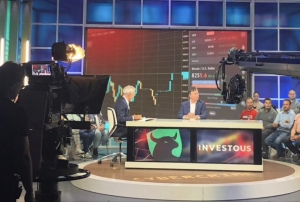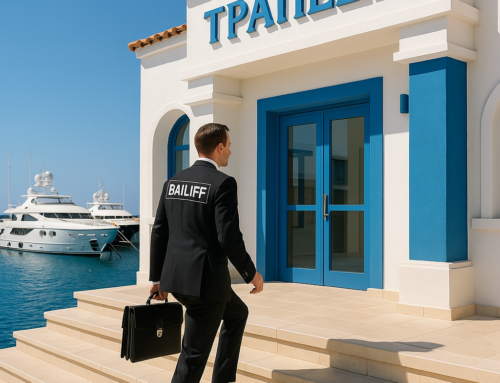Many people have been duped by investing in CFDs (Contracts for Difference) after clicking on a fake ad. The AFM now openly warns against “fraud by investment firms with a European passport”. Foreign regulators have gone a step further and imposed a ban.
Scope of the problem
We do not know how many cases in total are going through other law firms, and can only give the figures of cases that have been reported to our own office. In any case, based on this data, we can say that there are almost € 12,000,000 in lawsuits against CFD brokers from Cyprus.
This damage is considerably higher than the official amounts assumed by the Fraud Helpdesk (Dutch), for example. This may be explained by the fact that only a small part of the victims come forward. The CFD problem is bigger than expected, but it is not yet as extensive as, for example, the share lease affair or the problems with usury policies. The damage amounts per victim are, however, much higher than in the older cases, with peaks of up to € 1,700,000.
Strategy of the CFD brokers
The CFD brokers are trying to delay the lawsuits by claiming that the Dutch courts cannot hear the cases. The fine print states that lawsuits can only be conducted in Cyprus. Our position is that the Dutch courts do have jurisdiction because of European conventions on consumer protection. If a defendant defends itself with the argument that a judge in another country should hear the case, the judge must decide on this separately in advance. The first statements are now known.
First judgments of judges on jurisdiction
In all cases, the court declared itself competent:
Limburg District Court 3 June 2020, ECLI:NL:RBLIM:2020:4080
Court of Overijssel 17 June 2020, ECLI:NL:RBOVE:2020:2149
Court of Noord-Holland 24 June 2020. ECLI:NL:RBNHO:2020:4749
Arnhem-Leeuwarden Court of Appeal 5 June 2020, ECLI:NL:GHARL:2020:5062
The CFD broker has requested the courts to appeal in 3 cases, but these requests have been rejected.
Settlements
A lawsuit is not an end in itself, but a means to an end, namely: compensation for damage. It is often necessary to start a lawsuit through a lawyer to reach a good settlement. This creates pressure; there will be a date in the agenda when a lawsuit will start. The attitude towards settlements and negotiations differs greatly per CFD provider. We can’t say much more about it. Settlement agreements almost always include a strict confidentiality clause. Financial institutions do this to prevent disclosure of how they deal with claims.
Interventions by foreign supervisors
The British regulator FCA has banned three CFD brokers. The motivation for this unprecedentedly severe measure by the FCA corresponds to the arguments in the lawsuits in the Netherlands: deception during the recruitment and deception during the execution of the agreement.
Cypriot regulator measures
The FCA has also forced the Cypriot regulator Cysec (Cyprus Securities Exchange Commission) to intervene. On June 1, 2020, the licenses of several CFD brokers were suspended. Shortly afterwards, the suspensions were lifted under certain conditions. The conditions range from the obligation to dismiss the board of directors to the obligation to set aside an amount in a separate account to resolve “complaints” under the supervision of an auditor.
Questions about measures Cysec
We have asked some involved CFD brokers and their legal representatives in the Netherlands and Cyprus about the measures taken by the Cysec. The concrete reason is the following official announcement from the Cypriot regulator following the lifting of the suspension of the licence:
(B). The Company has assured the CySEC that it has taken or intends to take the following measures: 1. (………). 2. Τhe Company has informed that it will put in escrow with its internal auditor a specific amount, which will be utilized to resolve existing open client complaints, where justified.
These questions are:
1. Is Cysec aware of the ongoing lawsuits in the Netherlands and of their scope?
2. If so, what shows that?
3. Who is the auditor and how can he be reached?
4. What is the amount parked in escrow for the benefit of Dutch business?
5. At which bank was this amount deposited?
6. How will the settlement of claims be further organised?
The questions have not yet been answered. It is therefore not yet clear whether the CFD brokers intend to take seriously the commitment they have had to make to the Cysec to regain their license.
Measures of the AFM
The Dutch regulator AFM has a different policy than, for example, the British FCA, which has simply banned several CFD brokers from being active on the British market. The AFM opts for so-called product intervention. This means that selling CFDs of a certain type to consumers in the Netherlands is prohibited. These legal provisions are expected to play an important, if not decisive role in the lawsuits. The CFD providers focus on several European countries at the same time. From the cases we deal with, it can be concluded that the CFD brokers do not care about Dutch law (which is based on European rules, by the way) and offer too high leverage. Incidentally, the AFM has recently tightened up its warning on its website (in Dutch): it is now explained that a company with a license can be guilty of fraud and that in such a case you can report it to the police or engage a lawyer.
Published by Marius Hupkes





